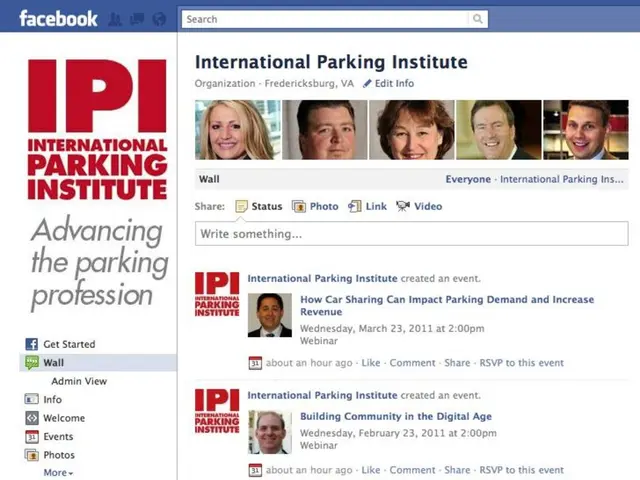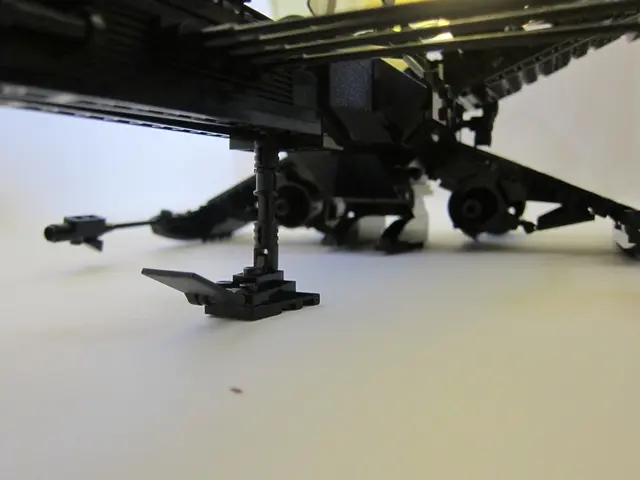AI's Early Impact: Job Market Braces for Gradual Shift
The job market is bracing for a slow but steady shift due to the early stages of generative AI, with experts warning of changes akin to the advent of computers and the internet. While some predict drastic job losses, current research suggests a more nuanced picture.
A recent study by Yale University's Budget Lab found no significant job losses due to AI on an economic scale. Instead, changes in the occupational mix are less dramatic than past shifts, such as those seen during the 1940s and 1950s. This mirrors the impact of computers and the internet on the labor market.
While AI lacks the experience of older workers, its effects are already noticeable among job starters. A Stanford University study in 2025 reported fewer jobs in AI-driven sectors like software development. The introduction of OpenAI's ChatGPT in late 2022 sparked debate about these potential impacts.
Companies are advised to proactively integrate AI to avoid later restructuring. Despite current employment trends indicating stability, the job market is expected to evolve gradually.
The generative AI revolution is in its early stages, promising a slow but steady shift in the job market. While some predictions warn of significant job losses, current research suggests a more measured impact. Companies should prepare proactively to navigate this changing landscape.








